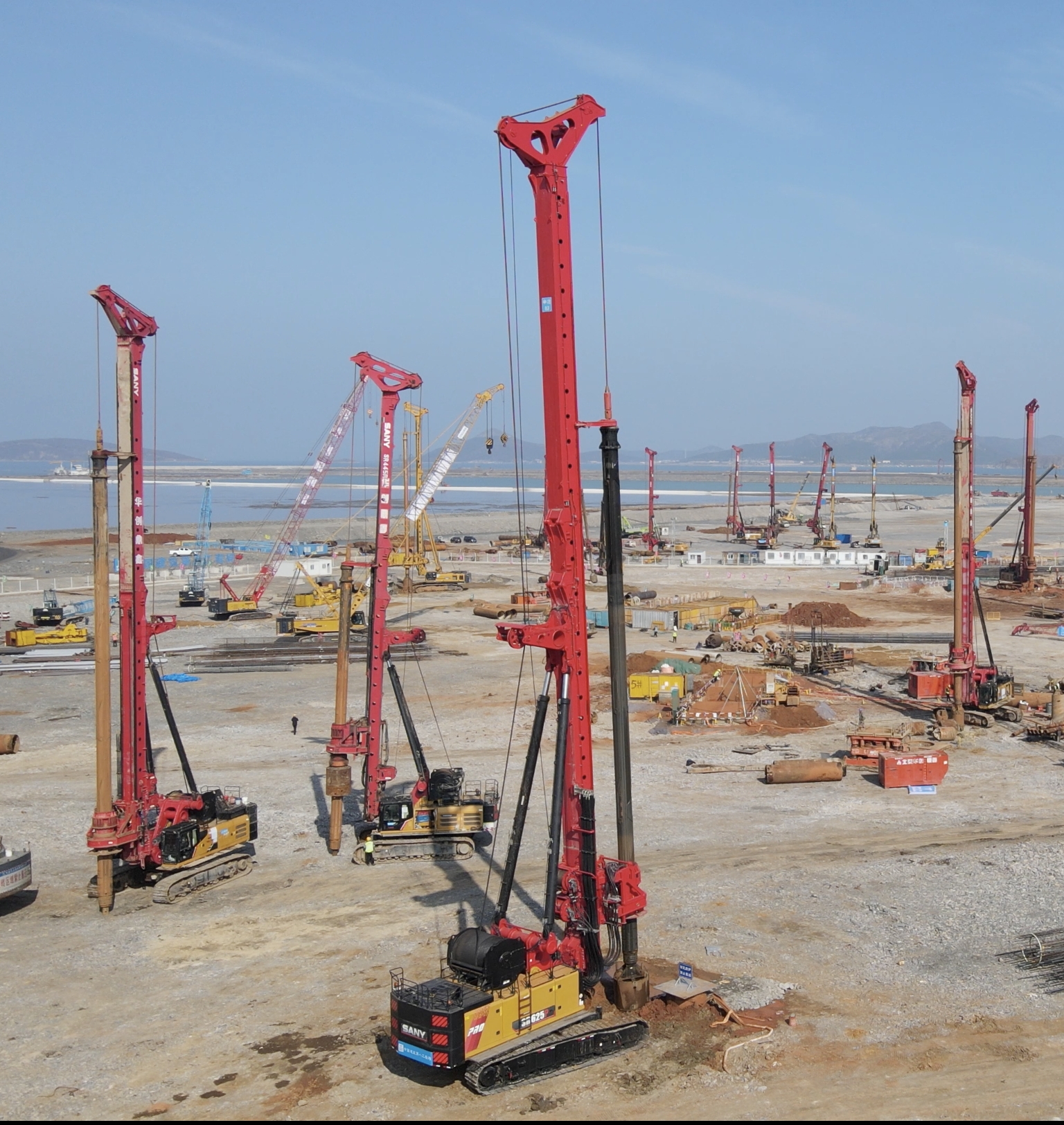

Harnessing the Sun: A Comprehensive Guide to Solar Energy and Photovoltaic Projects

Introduction to Solar Energy and Photovoltaic Projects
Solar energy, derived from the sun's radiation, is a clean, abundant, and renewable source of power. Photovoltaic (PV) projects, which convert sunlight directly into electricity, are at the forefront of solar energy utilization. This section outlines the basic principles behind solar energy and the significance of PV projects in today's energy landscape.
The Science Behind Photovoltaic Technology
Photovoltaic technology operates on the principle of the photoelectric effect, where sunlight is converted into electrical energy. This process involves the use of semiconductor materials, typically silicon, which absorb photons and release electrons, generating an electric current. Understanding this mechanism is crucial for optimizing the efficiency of PV systems.
Planning and Implementing a Solar Energy Project
Successful implementation of a solar energy project requires meticulous planning, from site selection to system design. Factors such as geographical location, solar irradiance, and shading play pivotal roles in determining the project's viability. This section provides a step-by-step guide to navigating these considerations.
Benefits of Solar Energy Projects
Beyond their environmental advantages, solar energy projects offer economic and social benefits, including reduced energy costs, job creation, and energy independence. This segment highlights the multifaceted value of investing in solar energy.
Challenges and Solutions in Photovoltaic Projects
Despite their potential, PV projects face challenges such as high initial costs, intermittency, and land use concerns. However, advancements in technology and financing models are addressing these issues, paving the way for broader adoption.
The Future of Solar Energy and Photovoltaic Projects
With ongoing innovations in materials science and energy storage, the future of solar energy is bright. This section explores emerging trends and the potential for solar energy to meet a significant portion of global energy demand.
Frequently Asked Questions
What is the lifespan of a photovoltaic system?
Most PV systems have a lifespan of 25 to 30 years, with gradual efficiency degradation over time.
How does weather affect solar panel efficiency?
While solar panels can still generate electricity on cloudy days, their efficiency is highest under direct sunlight. Extreme temperatures can also impact performance.
Are there government incentives for solar energy projects?
Many countries offer incentives such as tax credits, rebates, and feed-in tariffs to encourage the adoption of solar energy.








